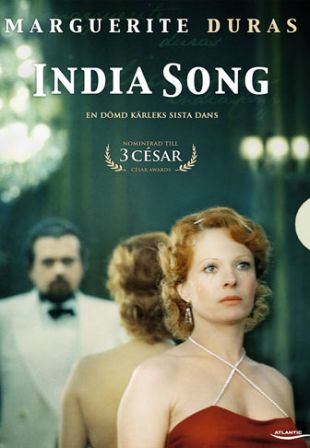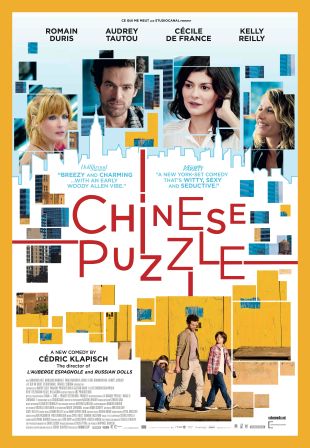Despite being a somewhat elliptical figure who has remained a relative unknown outside of his native France, film director Benoît Jacquot has still managed to garner a devoted following. Jacquot's visually stylized films often explore the innermost impulses of his fellow man (and woman), and his gift for storytelling came close to earning the filmmaker a global audience with the release of his intimate 1996 drama A Single Girl.
A Paris native, Jacquot first found work in the film industry at 18 as an assistant director to such noted filmmakers as Marguerite Duras and Jacques Rivette. His work with the seasoned veterans provided the up-and-coming director with invaluable experience. An extended collaboration with the Institut National d'Audiovisual that began in 1970 found Jacquot helming documentaries on J.D. Salinger and mentor Duras, among other notable figures in film and literature, and in 1975, he made his feature debut with L'Assassin Musicien. Jacquot frequently alternated between film and television work in the following years, and the release of such features as the absorbing 1990 adolescent drama The Disenchanted found Jacquot's skills as a dramatist developing strongly. On the small screen, the director made a name for himself by adapting novels by such literary giants as Henry James and Franz Kafka. By the time 1996 rolled around, few could doubt Jacquot's skills as a filmmaker, but his voice had yet to make an impact outside of France. All of that would change with the release of his seventh film, A Single Girl (1996). A voyeuristic, real-time drama concerning a recently pregnant girl faced with a dead-end job and an aloof boyfriend, the film proved a powerhouse showcase for young star Virginie Ledoyen and offered Jacquot his breakthrough feature.
With the subsequent releases of The School of Flesh (1998) and Keep It Quiet (1999, both starring French screen legend Isabelle Huppert) in the following years, Jacquot drew praise from audiences at the Cannes and Venice Film Festivals. He once again teamed with Huppert in 2000 for the drama La Fausse Suivante. That same year, his take on the life of the Marquis de Sade, Sade, was unfairly overshadowed by the art-house hit Quills (which featured a scene-stealing performance by Australian actor Geoffrey Rush as the Marquis). Jacquot masterfully adapted the opera Tosca for the screen in 2001, and directed seldom-seen screen beauty Isabelle Adjani in 2002's Adolphe. The following year, he took on the story of the friendship between Sigmund Freud and a female French psycho-analyst, played by Catherine Deneuve, in the television production Marie Bonaparte.


